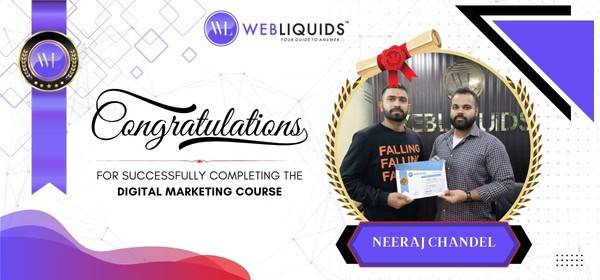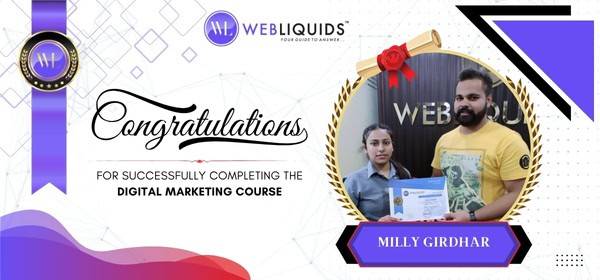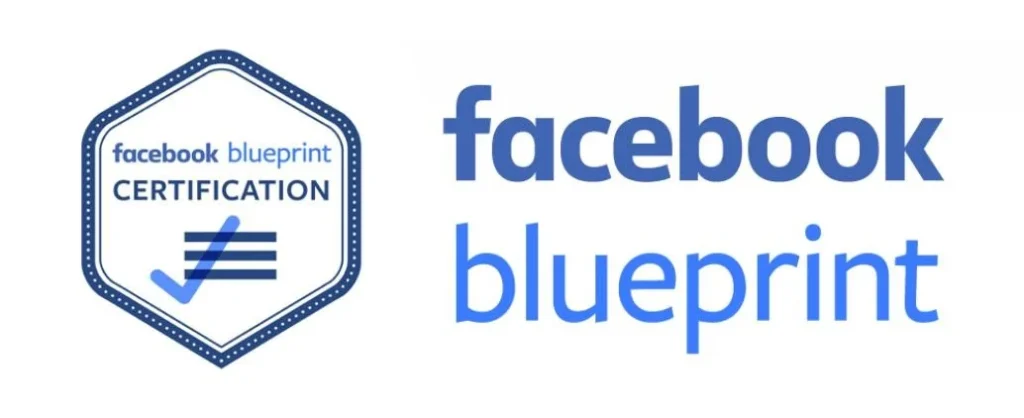Social Media Marketing Strategy for Startups: A Complete Guide to Building a Strong Digital Presence

Social Media Marketing Strategy for Startups: A Complete Guide to Building a Strong Digital Presence
Launching a startup is exciting—but building awareness, attracting customers, and establishing trust can be challenging without a strong online presence. In today’s digital-first world, social media has become one of the most powerful tools for startups to grow quickly, connect with audiences, and compete with established brands.
However, simply posting on Instagram or creating a Facebook page is not enough. Startups need a well-planned, data-driven, and creative Social Media Marketing Strategy to stand out from competitors and turn followers into loyal customers.
This blog provides a complete guide to building an effective social media marketing strategy for startups—covering everything from branding and content creation to analytics, advertising, and long-term growth.
Why Social Media Matters for Startups
Social media is no longer optional for new businesses—it’s essential.
Here’s why:
1. Cost-Effective Marketing
Startups often have limited budgets. Social media provides free visibility, making it perfect for early-stage brand building.
2. Direct Access to Customers
Platforms like Instagram, TikTok, YouTube, and LinkedIn let startups communicate directly with their target audience.
3. Builds Trust Early
Regular content creates familiarity, positioning your startup as a credible brand.
4. Fast Growth Potential
With trending content, collaborations, or viral posts, startups can achieve rapid visibility.
5. Boosts Website Traffic & Sales
Social media drives warm leads to your landing pages, websites, and online stores.
Steps to Create an Effective Social Media Marketing Strategy for Your Startup
Below is a simple yet powerful framework startups can use to build their social media presence strategically.
1. Define Your Goals
Clear goals provide direction and measurable success.
Common social media goals for startups include:
- Increasing brand awareness
- Building an online community
- Generating leads
- Driving website traffic
- Increasing sales
- Showcasing product features
- Attracting investors
Set SMART Goals:
- Specific
- Measurable
- Achievable
- Relevant
- Time-bound
Example: “Grow Instagram followers from 0 to 5,000 within 3 months by posting 4 times a week.”
2. Identify Your Target Audience
Understanding your audience ensures your content resonates with the right people.
Consider:
- Age
- Gender
- Location
- Interests
- Income level
- Online behavior
- Pain points
- Challenges
- Goals
Create buyer personas to understand who you’re posting for.
Example Persona: “Tech-savvy entrepreneurs aged 20–35 looking for productivity tools.”
3. Choose the Right Social Media Platforms
Not every platform is suitable for every startup.
Here’s a simple guide:
Instagram & TikTok
- Great for lifestyle, fashion, beauty, food, fitness, travel, and product-based startups
- High engagement
- Best for Reels and visual content
- Ideal for B2B startups, SaaS companies, and professional services
- Attracts investors, partners, and clients
- Good for local businesses, community building, and ads
- Great for groups and targeted advertising
YouTube
- Best for long-form content, tutorials, product demos
- Perfect for design, art, fashion, home décor, DIY, and ecommerce
Focus on 2–3 platforms only—quality is better than quantity.
4. Develop Your Brand Voice and Identity
Your brand identity must be strong and consistent.
Elements include:
- Logo
- Colors
- Fonts
- Tone of voice
- Style of writing
- Type of visuals
Examples:
- Friendly and casual
- Professional and informative
- Fun and creative
- Minimal and clean
Consistency helps customers recognize your brand instantly.
5. Create a Content Strategy & Calendar
Content is the heart of social media marketing.
Types of Content Startups Should Use:
1. Educational Content
- How-tos
- Tutorials
- Tips & tricks
- Industry news
2. Inspirational Content
- Quotes
- Stories
- Founder journey
- Success milestones
3. Promotional Content
- Product features
- Benefits
- Pricing
- Offers
4. User-Generated Content
- Customer reviews
- Testimonials
- Before/after photos
5. Engagement Posts
- Polls
- Q&A
- Challenges
- Contests
6. Video Content
Short videos generate the highest engagement.
Content Calendar
Plan posts for:
- Daily
- Weekly
- Monthly
Use tools like Notion, Trello, or Google Sheets to organize everything.
6. Use Reels, Short Videos, and Visual Storytelling
Short-form videos dominate social media.
Platforms to focus on:
- Instagram Reels
- TikTok
- YouTube Shorts
- Facebook Reels
Tips for high-performing videos:
- Hook viewers in the first 3 seconds
- Keep videos short and fast-paced
- Use trending sounds
- Add captions
- Use strong CTAs
7. Leverage Social Media Ads
Organic reach is great, but ads accelerate your growth.
Startups can use:
- Facebook Ads
- Instagram Ads
- YouTube Ads
- TikTok Ads
- LinkedIn Ads
Ads can drive:
- Website visits
- Leads
- App installs
- Sales
- Form submissions
Even a small budget can deliver huge results when targeted correctly.
8. Engage With Your Audience
Engagement builds loyalty.
Ways to engage:
- Reply to comments
- Respond to messages
- Share user content
- Join conversations
- Use polls and quizzes
Social media is a two-way street—interaction is essential.
9. Partner With Influencers & Creators
Influencer marketing gives startups instant credibility.
Types of influencers:
- Nano (1k–10k followers)
- Micro (10k–100k followers)
- Macro (100k–1M)
- Mega (1M+)
Nano and micro-influencers are ideal for startups because:
- They are affordable
- Have loyal audiences
- Deliver high engagement
10. Track Analytics and Improve
What gets measured gets improved.
Track:
- Engagement rate
- Impressions
- Follower growth
- Website traffic
- Conversions
- Video views
- Ad performance
Use tools like:
- Meta Insights
- TikTok Analytics
- Google Analytics
- Hootsuite
- Buffer
Adjust your strategy based on performance.
Long-Term Strategies for Startup Social Media Growth
To build a strong brand, consistency and innovation are key.
1. Build a Community
Create a loyal group of followers who support your brand.
2. Post Regularly
Consistency boosts visibility and trust.
3. Share Your Startup Story
People connect with authenticity and real journeys.
4. Focus on Quality Over Quantity
Better content > more content.
5. Stay Updated With Trends
Use trending sounds, hashtags, and formats.
Examples of Successful Startup Social Media Strategies
1. Airbnb
Started by sharing user stories and travel experiences.
2. Gymshark
Built a community using influencers and fitness ambassadors.
3. Canva
Used educational content and tutorials to attract creators.
These brands grew massively by using the right content at the right time.
Conclusion: Social Media Is the Startup Growth Accelerator
A strong Social Media Marketing Strategy for Startups helps new businesses gain visibility, attract customers, and build a trusted brand. With the right mix of content, consistency, creativity, and analytics, startups can achieve rapid growth—even with limited resources.
Whether you’re launching a tech startup, ecommerce store, or service-based business, social media gives you a powerful platform to connect with your audience and scale your business.
FAQs:
1. Why do startups need a social media marketing strategy?
Because it helps them build brand awareness, reach target customers, and grow faster without spending too much money.
2. Which social media platforms are best for startups?
It depends on the business, but most startups benefit from Instagram, Facebook, LinkedIn, YouTube, and TikTok.
3. How often should a startup post on social media?
Posting consistently is important. Most startups do well with a few posts per week and daily stories or updates.
4. Can social media help startups get customers?
Yes, social media helps attract new customers, build trust, and encourage people to buy through engaging content and ads.
5. Should startups use paid ads?
Yes, even a small budget can help reach the right audience faster and get more visibility.
6. What type of content works best for startups?
Content that educates, entertains, or solves problems works best—like tips, behind-the-scenes videos, stories, and testimonials.
7. How long does it take to see results?
Social media growth takes time. Most startups see noticeable improvement in 1–3 months with consistent effort.
Ready to Master Digital Marketing? Sign Up Today!
Inspiring Job Placement Success Stories

Our Achievers Ready to Lead the Industry














